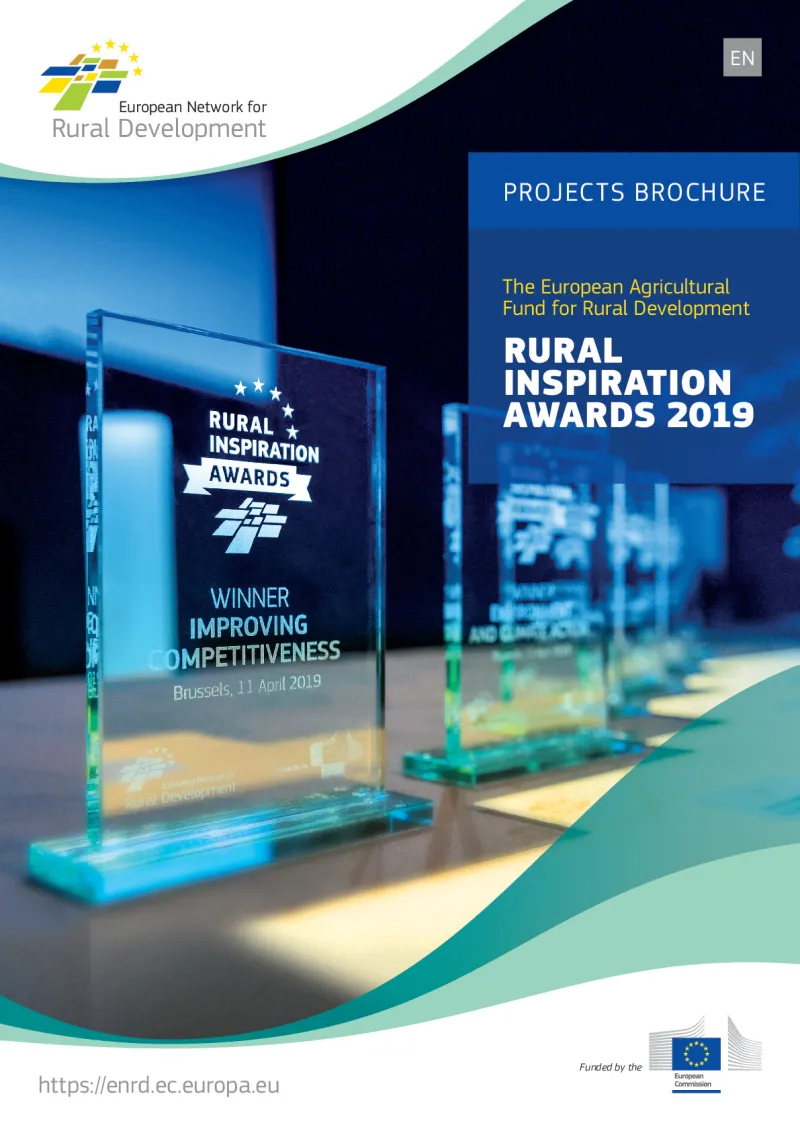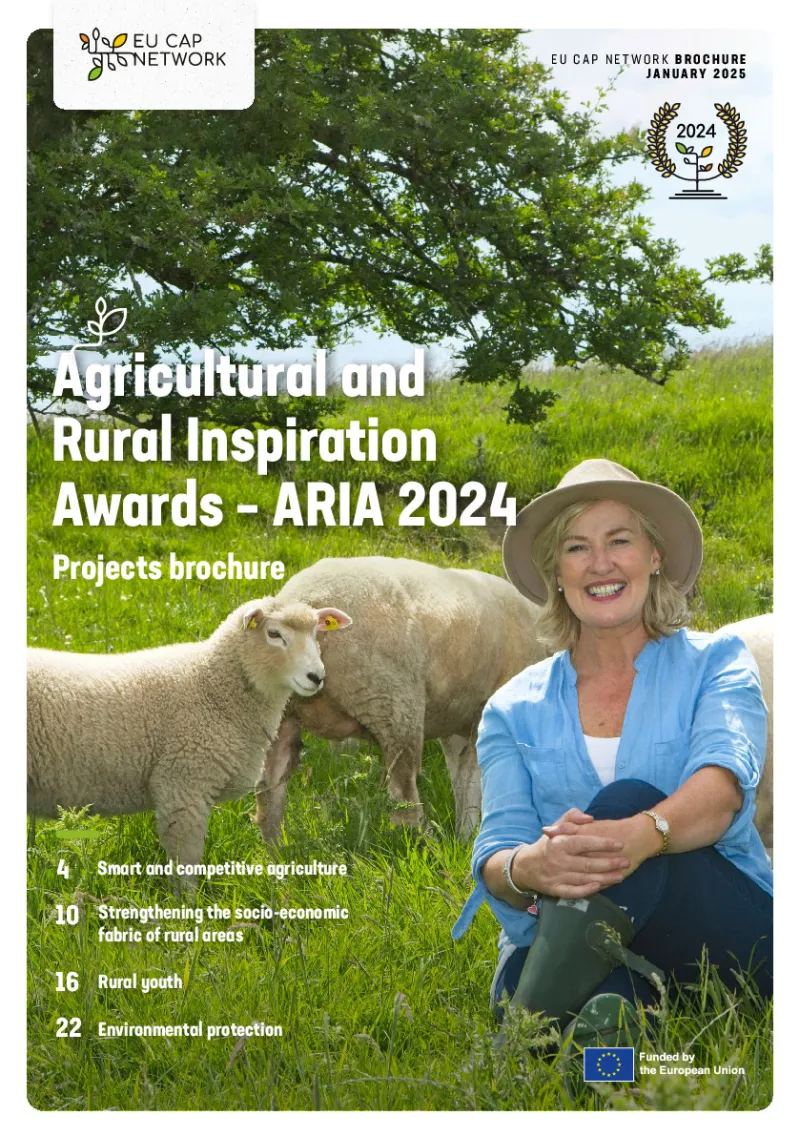Revitalising rural Europe: Success stories from the Rural Inspiration Awards 2019
- CAP Implementation
- Digitalisation
- Generational Renewal
- Jobs, Growth and Equality in Rural Areas
- LEADER
From strengthening digital and societal connections to helping adapt to remote working, some of the finalists of the Rural Inspiration Awards 2019 are still breathing life into rural areas.
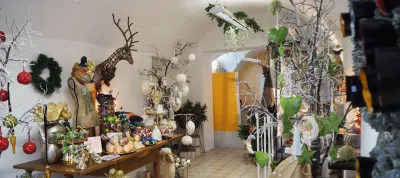
Page contents
Strengthening the social fabric of rural areas
The Rural Inspiration Awards 2019 showcased 25 projects that breathed new life into rural communities. Five years later, many of those that reached the final round of the awards have grown into successful projects, expanding and deepening roots in their communities. This article explores the experience of three winning projects that exemplify how the right combination of innovative initiatives and EU support can drive socioeconomic regeneration in rural areas while fostering resilience and optimism.
The need to support rural ecosystems has never been more pressing. This is why strengthening the social fabric of rural areas is one of the core objectives of the EU’s Common Agricultural Policy (CAP).
The policy has already helped kickstart several projects making waves in rural communities, strengthening them and improving the connections with urban areas.
Revitalised and resilient rural areas
One of these initiatives is the ‘Cowocat_Rural’ project, which works to develop and support coworking spaces in rural Catalonia. When it first set up shop back in 2014, it had no idea just how vital such spaces would become in the near future.
“The pandemic saw many individuals returning to rural areas to work remotely,” Jaume Bages, an advisor to the Cowocat_Rural project, explained, adding that this presented a “unique opportunity” for coworking spaces to welcome remote workers, some of whom “decided to settle permanently in rural municipalities”.
With everything shifting online in a post-Covid era, spaces such as these have become a lifeline for the rural Catalonian community, helping to “strengthen the local population base and revitalise rural communities” – and, in doing so, addressing one of the core aims of the current CAP programme.
For Bages, winning the Rural Inspiration Awards (RIA) 2019 was an “important milestone” for the project. Besides shining a spotlight on the project both nationally and internationally, the award solidified Cowocat_Rural's position as a “pioneering initiative at the European level”. This gave the project a platform to demonstrate how coworking can be “leveraged as a tool for rural development”.
Beyond this, the awards had some tangible impacts on the project – namely, a “strengthened credibility with national authorities”, which Bages credits with securing continued annual funding and support from the Catalan authorities.
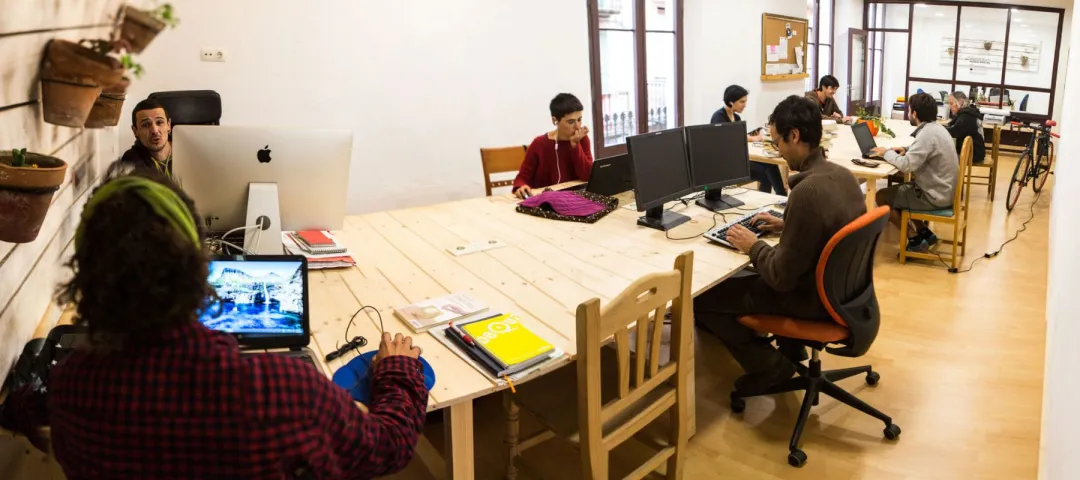
With stable foundations, the initiative has gone from strength to strength, capitalising on opportunities associated with remote work trends. It has grown exponentially, from 3 coworking spaces in 2014 to over 45 coworking spaces across rural Catalonia today, used by up to 350 people.
Another new development includes the launch of ‘Coworkfest’, an annual week-long rural coworking festival. For Bages, the festival is a “cornerstone for promoting the visibility and value of coworking spaces and fostering community engagement”.
The vision is to continue promoting coworking as a “transformative tool” for rural areas, as well as growing the coworking festival, which turns four this year, and developing a ‘rural pass’ programme to facilitate coworking mobility. This will allow participants to work for free in other coworking spaces within the network, including urban spaces.
For Bages, this is a “vital tool” for connecting rural and urban coworkers while enhancing the appeal and functionality of rural coworking spaces to drive rural socio-economic development.
Stronger digital and human connections
But coworking spaces can only grow with strong digital connections – something that the Finnish ‘Kuitua pohjoiseen’ project, working on high-speed broadband access in remote and sparsely populated rural areas, knows only too well.
For Nina-Maria Möykkynen, who previously led the work on the project, fibre optics and accessibility in sparsely populated Arctic areas are “essential for living,” especially in the future with the advent of technologies such as AI.
Besides helping broaden the project’s visibility and increase confidence amongst prospective funders, “confidence and courage” are the words that Möykkynen used to describe the impact that the award had on the project.

With the importance of broadband “well recognised” for the development of rural Finland, the project has helped pave the way for more initiatives, according to Möykkynen. This includes an ongoing fibre optic project in Lapland, which she is now involved in as part of her work as Development Manager for the municipality of Kolari. The project helps disseminate knowledge and map the fibre optic and digital skills of villages, as well as plans for resource adequacy through networking.
As such, she stressed the importance of “continued extensive collaboration” to ensure “multidisciplinary collaboration and awareness-raising about fibre optics”, adding that EU funding “plays a significant role in the construction of fibre optics in rural areas, as well as wider rural development”.
Business boost
Confidence is a recurring theme for finalists in the Rural Inspiration Awards. As Max Homolka, from the Austrian ‘Zeitgeist Enns’ project, put it, they “never thought we could win this prize”.
The project developed a ‘pop-up shop concept’ for the centre of Enns in Upper Austria, offering new businesses a temporary home in vacant spaces as a base to launch new ideas and attract new customers with minimal investment and risk.
RIA 2019 helped put the pop-up project on the map, leading to considerable media attention. The initiative continues to enjoy great popularity to this day, with other Austrian cities following its lead to help fill other empty city centres, revitalising high streets and boosting new businesses, thus strengthening the socio-economic fabric of rural areas.
As with the other two projects, networking has been a key lasting impact of the awards. “The networks ensure that you are always up to date and get to know great projects,” Homolka said, adding that this helps “generate new ideas for your own region, which you can then implement”.
Likewise, for Cowocat_Rural, the awards “opened doors” to connect with European networks, helping “significantly strengthen” relationships with Local Action Groups to pass on lessons learned and best practices. Meanwhile, it has helped the Finnish municipality of Kolari connect with the Council of Europe as part of their European Label of Governance Excellence programme.
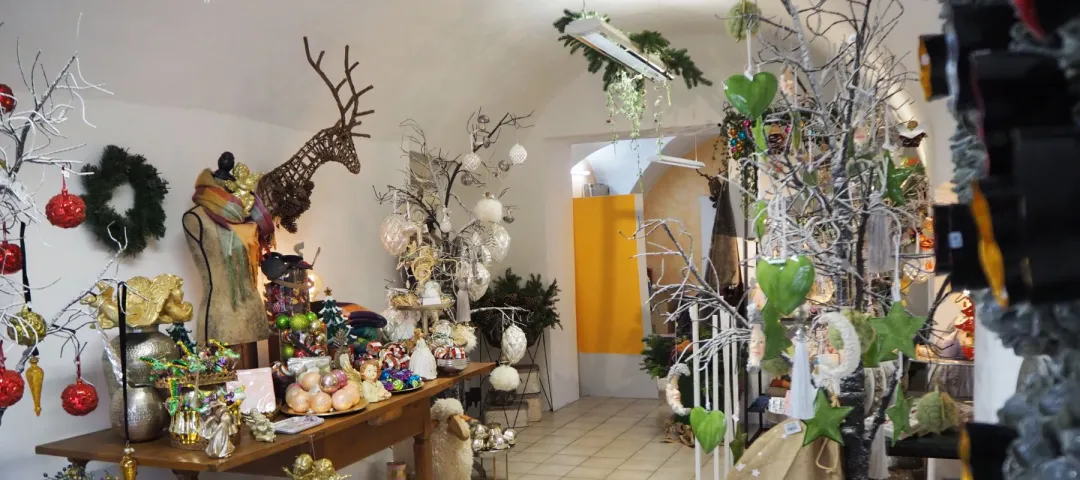
Optimistic outlook
Despite challenging moments over the past few years navigating politics and pandemics, Austria's Homolka looks to the future “with optimism”. “The project will help us to develop liveable inner cities and strengthen rural regions economically,” he said.
This optimism can also be felt from the other 2019 winners. Finland’s Möykkynen plans to build further upon the “extensive collaboration” that the project helped kickstart, stressing the “significant role” she sees EU funding playing in the future construction of fibre optics in rural areas, as well as in developing rural areas overall.
Meanwhile, Cowocat_Rural’s Bages is hopeful that insights and experiences will continue to “enrich the broader understanding of how coworking can contribute to the sustainable development of rural areas”.
Each of the three projects might bring their own unique flavour to the different rural communities that they call home, but all three have one thing in common: they each show how the right recipe of innovative initiatives and EU support can drive the socioeconomic regeneration of rural areas.
The more, the merrier
These are just three of the many initiatives that are helping strengthen the social fabric of rural areas, but, as shown by the recent thematic work by the EU CAP Network, there are many others. These include projects focusing on rural youth employment, nurturing agricultural skills and supporting the mental health of farmers and farming communities. Further inspiration can be found in the EU CAP Network’s good practice database.
You can learn more about ARIA – the Agricultural and Rural Inspiration Awards in the new networking section of the EU CAP Network.
To keep up-to-date with our work and to take part in future Thematic Groups and events, subscribe to the monthly newsletter and follow @eucapnetwork on social media.
Note: this article is part of a Policy Insights series on the impact of the Rural Inspiration Awards 2019 on the projects nominated as finalists or winners. Check also the other articles in the series: Roots in nature: local projects bringing hope and change and Improving the competitiveness of rural businesses: lessons from the Rural Inspiration Awards 2019.
